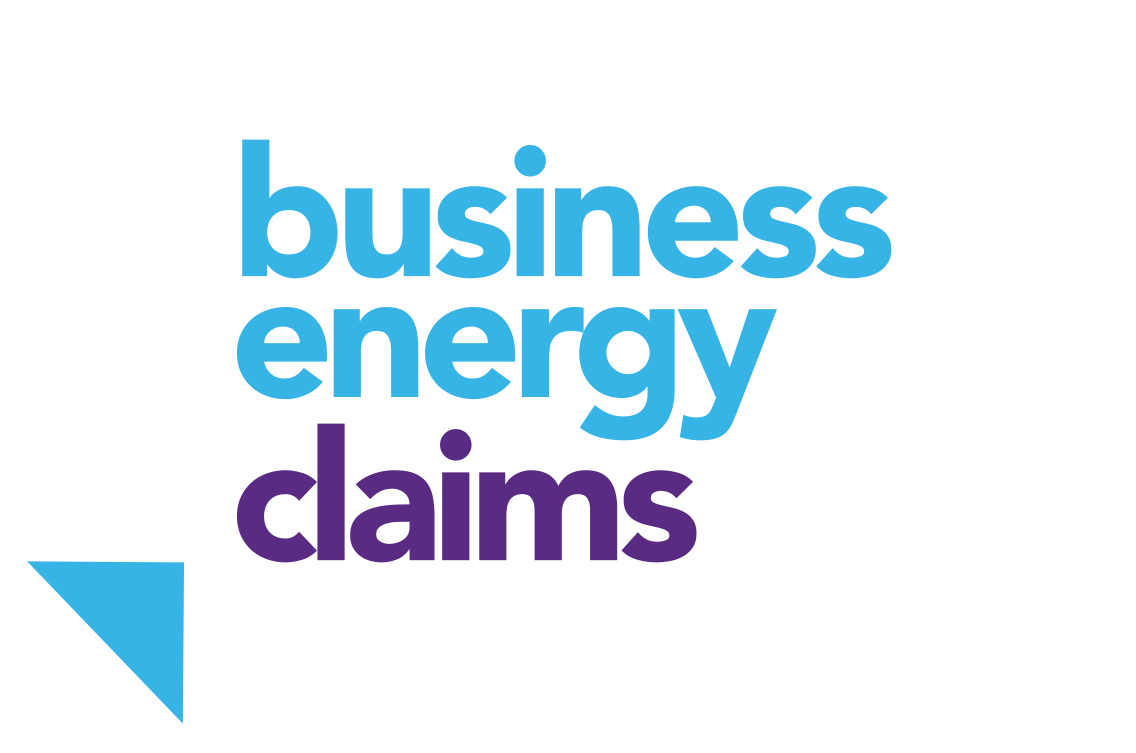Just last month, a Supreme Court ruling in several high-profile car finance cases: Johnson v FirstRand Bank, Wrench v FirstRand Bank, and Hopcraft v Close Brothers, made headlines and its impact is now being felt in the business energy world.
While the Supreme Court ruling focused on hidden commissions in vehicle finance, its legal impact is now being felt in the energy sector, opening the door to claims from UK businesses affected by non-transparent broker fees.
Connection Between Supreme Court Ruling and Business Energy Claims
The upcoming Supreme Court hearing in Expert Tooling Ltd v Engie Power Ltd could reshape the landscape of business energy claims. At stake is the practice of energy brokers receiving hidden commissions, often embedded in unit rates or used to shape contract terms without the client’s full awareness.
The Johnson ruling has already laid the groundwork for how courts may view these energy-related claims.
Key Legal Shifts That Benefit Businesses
Full Disclosure Is Now Essential
The Supreme Court clarified that informed consent is the key issue, not whether a commission was “fully” or “partially” hidden. If your broker failed to disclose the exact amount, how it was built into your rates, or how it affected your contract, you may have grounds to claim.
Assumptions Don’t Count
Just because your business didn’t pay the broker directly doesn’t mean you were properly informed. The court ruled that being “put on notice” is not the same as full disclosure.
Bribery Claims Without Proving Dishonesty
The judgment also confirmed that bribery claims can succeed without needing to prove dishonesty, only that a fiduciary duty existed and was breached. This widens the scope for businesses to challenge commission arrangements that were not transparent.
What’s Next?
The Expert Tooling case, expected in 2026, will likely define the future of business energy commission claims. But thanks to Johnson, businesses already have a stronger legal foundation to pursue compensation.
What This Means for You
- Hidden commissions, even if partially disclosed, could entitle you to a claim.
- Assumed broker payments are not enough; full transparency is required.
- Bribery claims are now more accessible under common law.
- Time-sensitive opportunity: waiting could mean missing deadlines or losing access to key evidence.
If your business used an energy broker and wasn’t told exactly what they earned or how it affected your contract, you could be owed thousands of pounds.
Start Your Claim Today
Business Energy Claims is already helping UK businesses reclaim hidden energy broker commissions. Our team provides expert support to help you recover undisclosed broker commissions and protect your contractual rights.
Contact us today to start your business energy commission claim.
